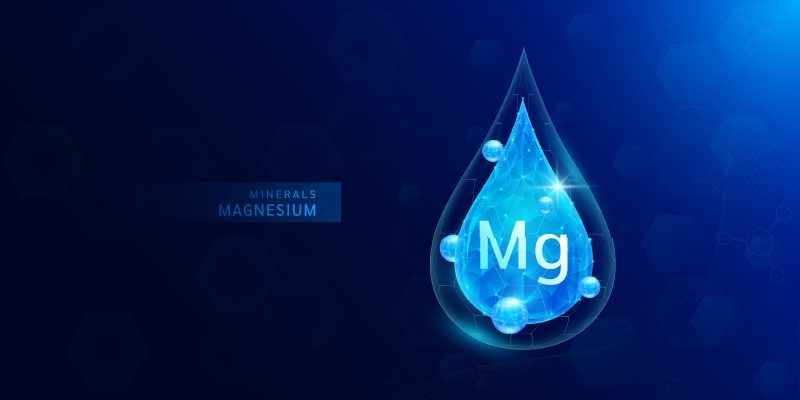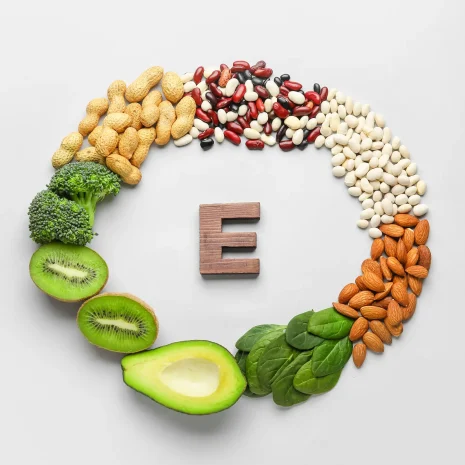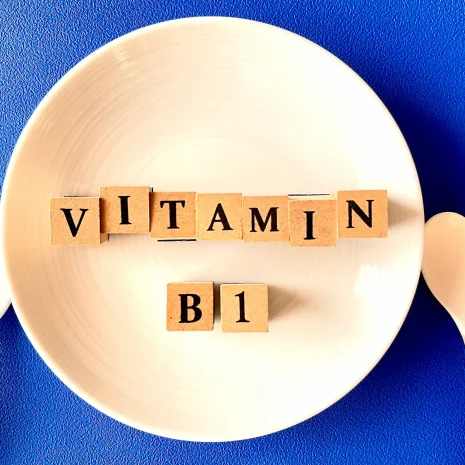Is magnesium good for you? Understanding Its Importance and Food Sources
Magnesium is one of the essential minerals necessary for human health, ranking among the four primary electrolyte minerals in the body. Vital for bone strength, nerve transmission and muscle function, magnesium plays a crucial role in numerous physiological processes. When magnesium intake is insufficient, it can lead to various health issues, including muscle cramps, fatigue and cardiovascular problems. This article will provide an overview of magnesium, its various forms and foods rich in this important mineral.
What is Magnesium?
Magnesium, represented by the chemical symbol Mg and atomic number 12, is one of the most abundant elements in the Earth’s crust and is vital for many bodily functions. It contributes to bone formation, regulates the nervous system, helps maintain healthy heart rhythms and supports energy production at the cellular level. Given its importance, it is essential to ensure adequate magnesium levels through diet or supplementation when necessary.
What are the different types of magnesium?
Magnesium comes in various forms, each with unique properties and absorption rates. The most common types include:
- Magnesium Sulfate: Often used in medical settings, it can help with muscle aches and is commonly found in Epsom salts.
- Magnesium Citrate: Formed by combining magnesium with citric acid, magnesium citrate is well-absorbed and may aid in digestion. Because it can enhance bowel motility, it is useful for those suffering from constipation and is often recommended before certain medical procedures, such as colonoscopies.
- Magnesium Malate: This form combines magnesium with malic acid, naturally found in fruits like apples. Magnesium malate is beneficial for individuals experiencing fatigue and muscle pain, making it a popular choice for those managing conditions like depression and fibromyalgia.
- Magnesium Glycinate: Created by combining magnesium with the amino acid glycine, this form is known for its high absorption and low risk of gastrointestinal side effects. Magnesium glycinate may help reduce muscle spasms, improve sleep quality and alleviate stress.
- Magnesium Taurate: This form is made by combining magnesium with taurine, an amino acid, which may enhance magnesium absorption in the body. Magnesium taurate is suggested for regulating cardiovascular health and may also play a role in preventing eye conditions such as cataracts.
Which foods contain magnesium?
As an essential mineral, adequate magnesium intake supports various biological functions, significantly impacting bone health, nerve function and cardiovascular well-being. Here are some foods that are excellent sources of magnesium:
- Pumpkin Seeds: One of the highest sources of magnesium, they are versatile and can be added to salads or smoothies.
- Chia Seeds: A great source of magnesium and omega-3 fatty acids, they can be mixed into puddings or yogurt.
- Cashews: These nuts provide a healthy snack option packed with magnesium and other essential nutrients.
- Soy Milk: A great dairy alternative that is naturally fortified with magnesium.
- Avocado: This nutrient-dense fruit is not only rich in magnesium but also provides healthy fats.
- Spinach: Leafy green vegetables like spinach are an excellent plant-based source of magnesium.
- Peanuts and Almonds: Both nuts are nutritious snacks rich in magnesium, proteins and healthy fats.
- Soybeans: Incorporating edamame or tofu into your meals can boost your magnesium intake.
- Brown Rice and Potatoes: These common staples can significantly contribute to your daily magnesium needs.
Incorporating these magnesium-rich foods into your daily diet can help you meet your nutritional requirements. If you find it challenging to obtain enough magnesium through food alone, consider speaking with a healthcare professional about supplementation options.
Ensuring Adequate Magnesium Intake
Magnesium is an essential mineral that supports many bodily functions, from bone health to muscle and nerve function. Understanding different forms of magnesium and the foods that provide this nutrient is vital for maintaining optimal health. Ensuring adequate magnesium intake through a balanced diet can help prevent deficiency and promote overall well-being. If magnesium supplementation is necessary, consult a healthcare professional for personalised advice tailored to your specific health needs.
While multivitamins can offer valuable support for overall health, it is essential to recognize that a balanced diet should remain the cornerstone of nutritional well-being. Multivitamins are intended to be a complementary measure and should not be considered a substitute for a diverse and nutritious food intake.
Note: It is strongly advised that individuals consult a healthcare professional prior to initiating any supplement, particularly if they have existing health conditions, are taking prescribed medications, or are pregnant.








